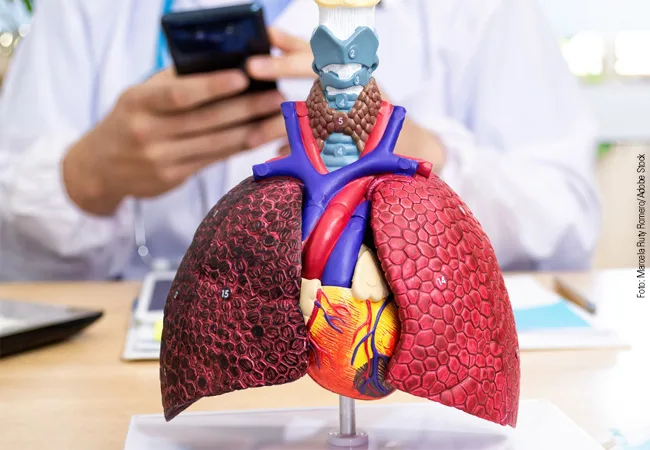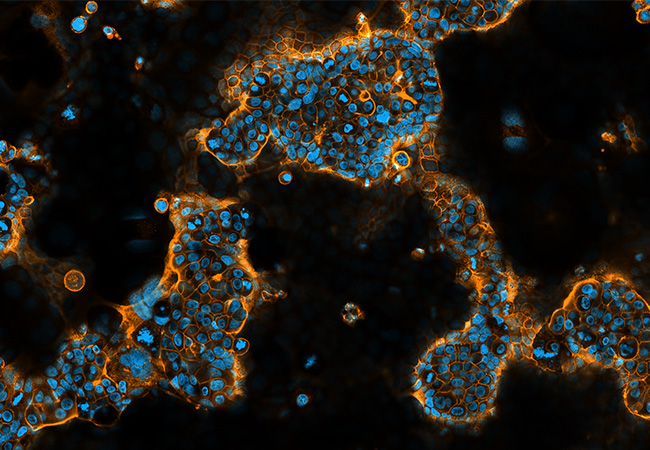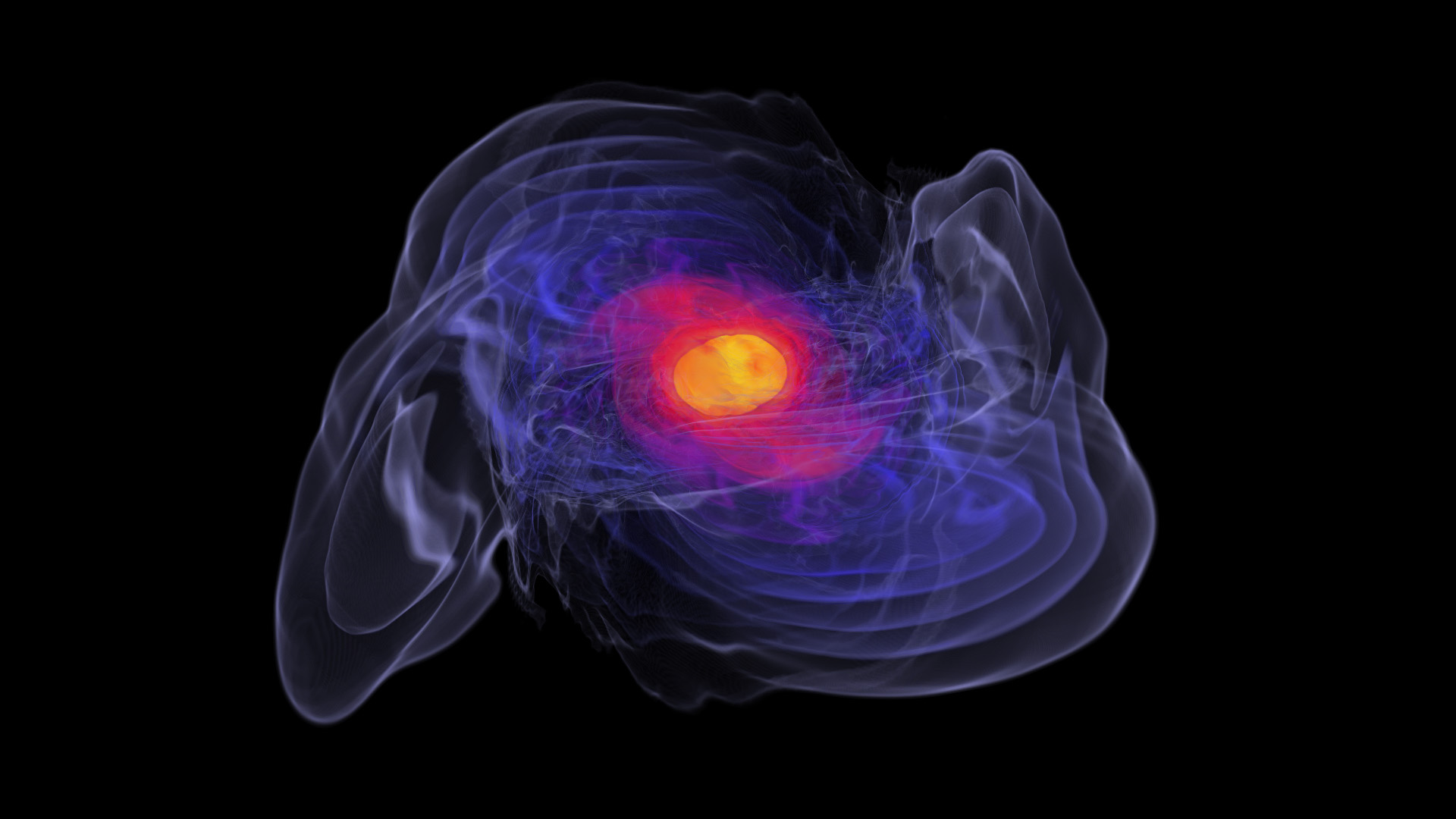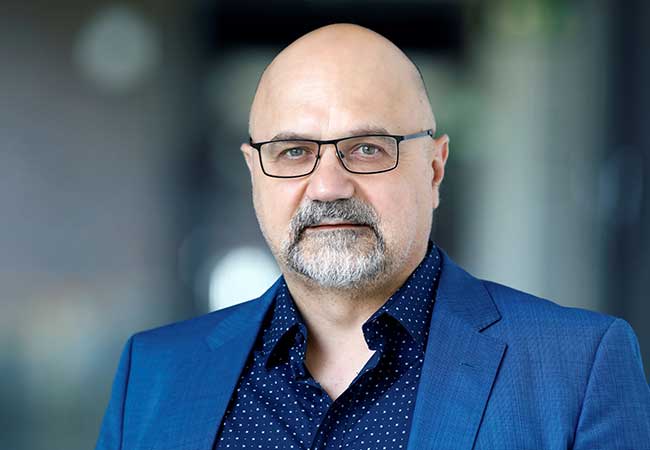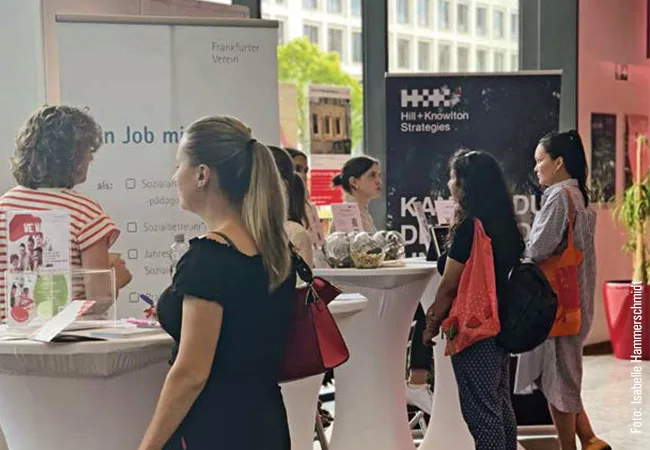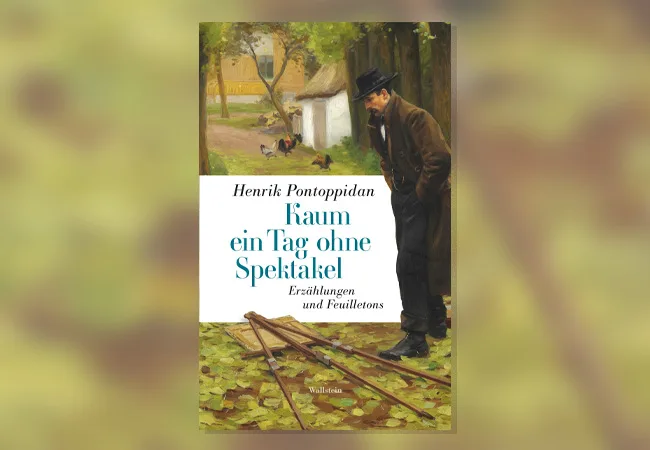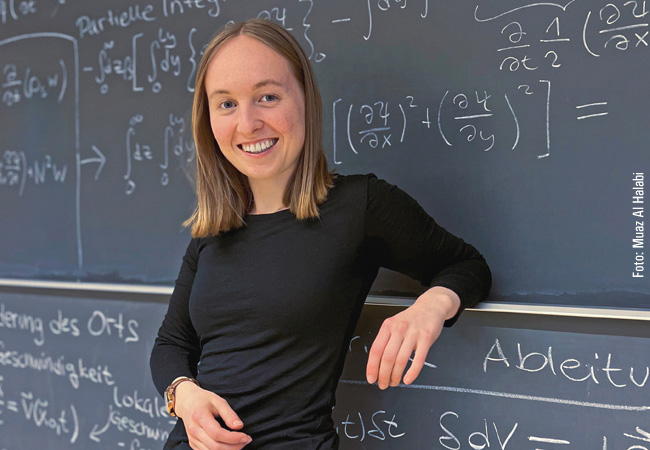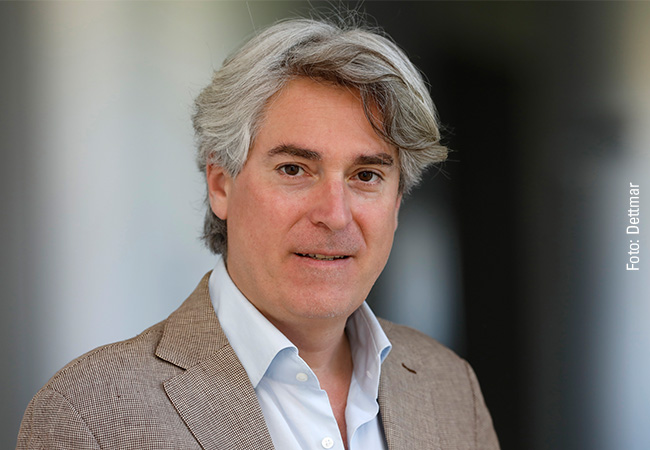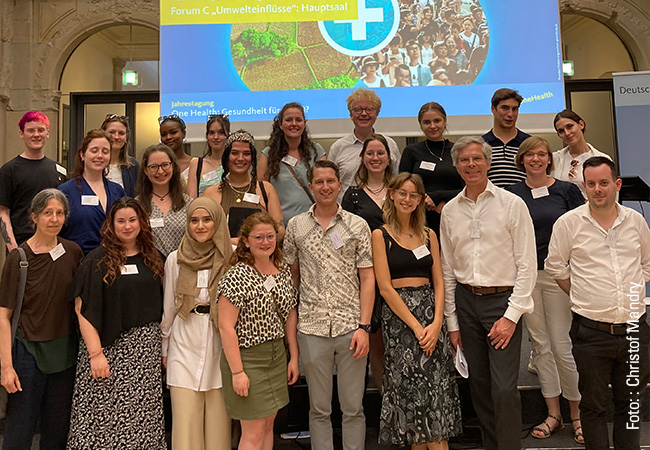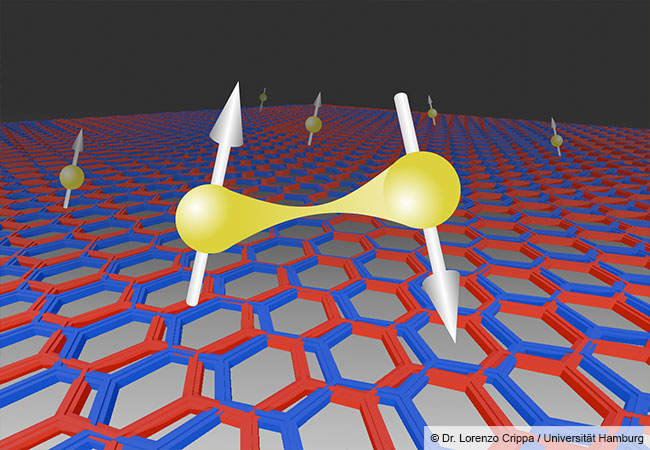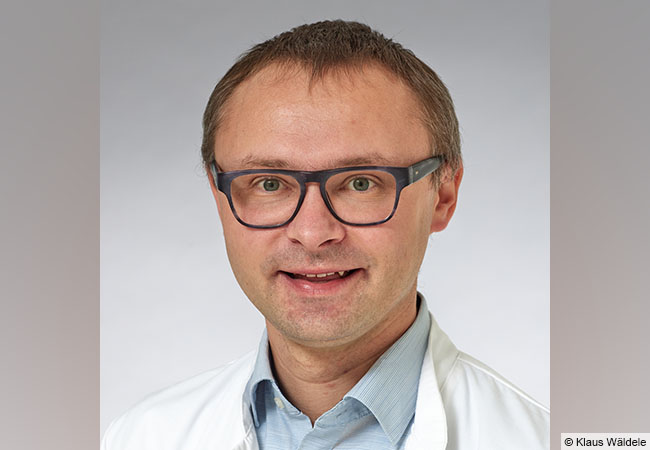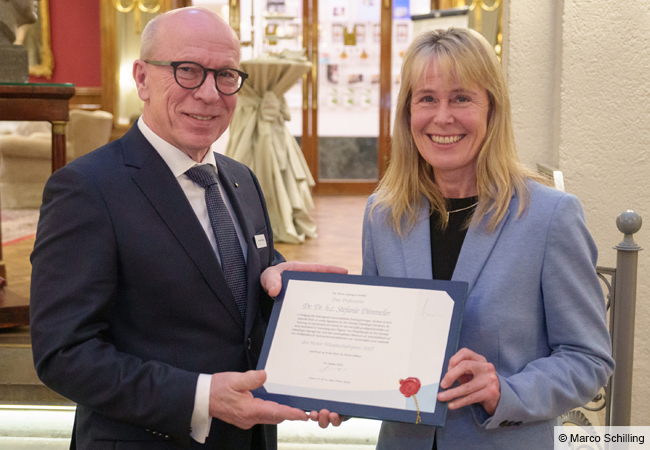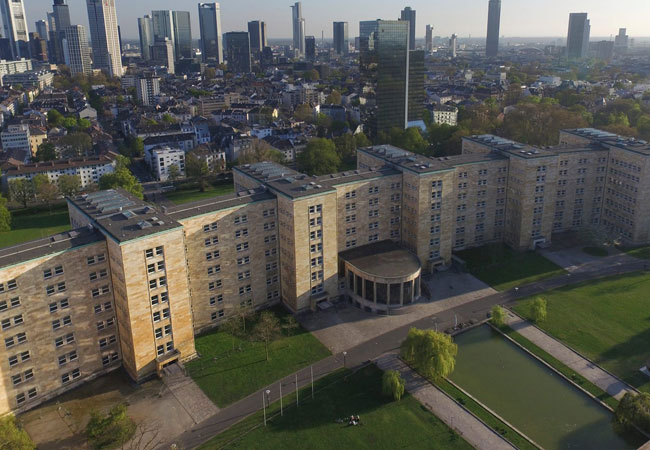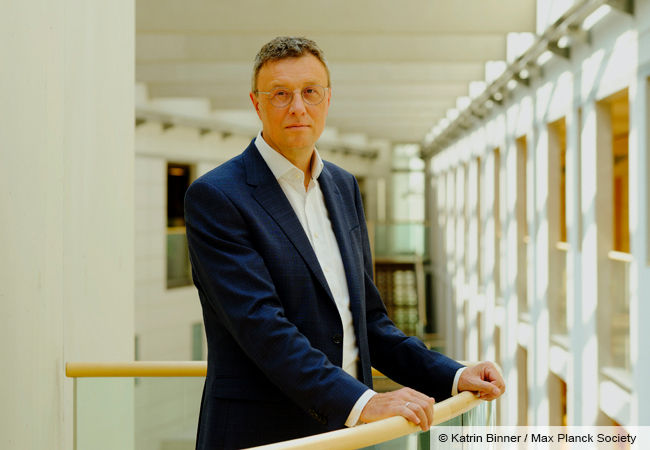How dissonance in conflict can dissolve into trust: The ConTrust cluster project explores where such potential can be found, even in hard conflicts.
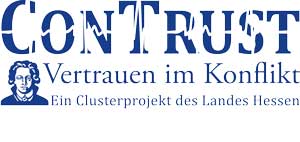
How will the war in Ukraine end? By what means can it be ended? These are just some of the questions that occupy the researchers who will be working together in the ConTrust cluster project. Their hypothesis: Even the toughest conflict offers potential for trust, pointing to a way out of the crisis. Prof. Dr. Nicole Deitelhoff and Prof. Dr. Rainer Forst first set up the project in 2020 – financed, among others, with state funding. In the current excellence cluster application, Deitelhoff acts as spokesperson, together with film scholar Prof. Dr. Vinzenz Hediger.
What constitutes a constructive conflict?
Social conflicts are not only unavoidable, they are indispensable for democratic coexistence and social progress. But how can the parties to a conflict be sure that the dispute will not become destructive? The ConTrust research project at Goethe University Frankfurt’s Center for Normative Orders posits that the secret of social coexistence is trust. The project’s initiators are working with an unconventional concept of trust: „Trust is not located where conflict is absent; rather in our imagination it is based on experience, including on positive experiences with conflict,“ says Forst, who teaches political theory and philosophy at Goethe University. Trust, he says, is the prerequisite for people to dare to engage in disputes with others; but trust is also the result of experiences of conflict. But how should such constructive conflicts be constituted and „framed“? Finding scientific answers to this question could prove helpful for the major conflicts of our day and age.
Deitelhoff, a political scientist at Goethe University and director of the Peace Research Institute Frankfurt (PRIF), which prepared the draft proposal together with Goethe University, gives an example: „Just imagine a planned road bypass: Some want it because they expect it to relieve traffic congestion. Others reject it for environmental reasons. The debate becomes heated and confrontational. But in the end, the parties involved enter into a discussion and find compromises.“ It takes norms and procedures accepted by all for a conflict to end this way, she says. Political opponents who shake hands in recognition of basic democratic rules – that is an example of trust in the norms that society has given itself.
The project sets out to transcend disciplinary boundaries in empirical and normative research into the relationship between trust and conflict, and develop and apply new methods. A wide array of disciplines is involved, from law to economics, sociology, social psychology and political science, philosophy, film and literature studies, to computer science. Four fields stand at the focus of the investigation: Political orders of the state and beyond; relations of socioeconomic exchange; media and knowledge practices; as well as security systems. In exemplary case studies, interdisciplinary teams will initially explore three scenarios in which trust can emerge in and from conflict: Putative adversaries may prove to be trustworthy in conflict; one’s criteria for trustworthiness may be adapted to a change in situation; and antagonists may undergo a transformation and emerge as trustworthy. „It is only by assuming such scenarios, and positing that trust in conflict emerges from within them that we can understand how complex societies and international orders actually function and are able to productively renew themselves in the first place,“ says ConTrust co-spokesperson Hediger.
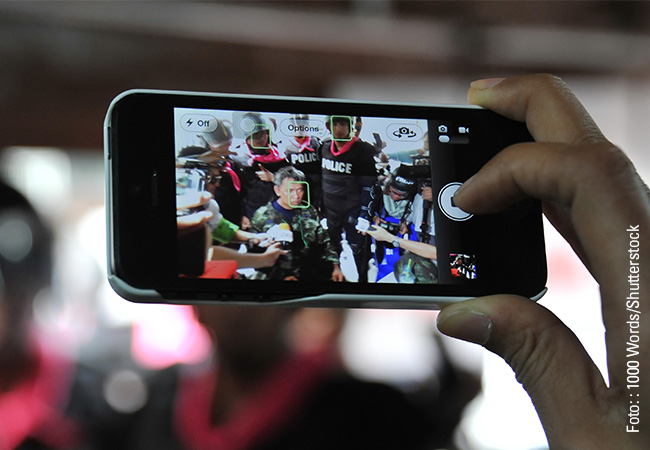
Sense of uncertainty
The catalyst that gave rise to the project’s idea is the current impairment or loss of trust in democratic institutions or authorities, such as elected politicians or scientists. The anger prevailing in some circles of society shows that many people have lost their bearings, their trust can no longer be placed anywhere, Deitelhoff explains. A sense of uncertainty is spreading; many are no longer able to identify who or where problems can be solved. Many people react to this by withdrawing and looking for alternative forms of certainty – a fact that illustrates that trust should not necessarily be seen in an exclusively positive light: Trust can also be built on dubious authorities. „You can’t just trust trust,“ Forst says.
What exactly about the topic motivates the cluster’s spokespersons? „I would like to save conflict, and anchor in the public consciousness that you don’t have to be afraid of conflict. Instead you have to learn how to conduct it properly,“ says Deitelhoff. Hediger emphasizes: „There currently exists a wide range of fears about the future, alongside the idea that one can somehow return to a permanently harmonious state of a bygone society.“ However, such a state, he says, never existed and it never will. „But we can learn to better understand how, time and again, the dissonance of conflict be resolved – albeit always only temporarily – into trust.“
Pia Barth and Anke Sauter
Website: https://contrust.uni-frankfurt.de/
Let’s do it: Goethe University Frankfurt submits four new and one existing research cluster to the Excellence Strategy competition
Goethe University Frankfurt is applying for the upcoming round of the German federal and state governments’ Excellence Strategy with four new clusters on the research topics Confidence in Conflict (CONTRUST), Infection and Inflammation (EMTHERA), Origin of Heavy Elements (ELEMENTS), and Cellular Architectures (SCALE). The applications combine Goethe University’s competencies and forward-looking ideas with those of colleagues from the strategic alliance of Rhine-Main Universities (RMU) and other partners from the four major non-university research organizations. The Cardio-Pulmonary Institute (CPI) Cluster of Excellence, in existence since 2019, will submit a full proposal directly in 2024.
An introduction to the clusters follows below.
Heart and lung disease: Cardio-Pulmonary Institute (CPI)
Heart and lung diseases are one of the leading causes of death worldwide. The Cardio-Pulmonary Institute (CPI) is dedicated to…
Infection and inflammation: EMTHERA
Developing new therapeutic approaches for complex diseases: The EMTHERA initiative is applying to become a Cluster of Excellence. The so-called cytokine…
Cellular Architectures: SCALE
The name of the cluster initiative SCALE stands for „SubCellular Architecture of LifE“. The project is entering the German federal…
Trust in Conflict: CONTRUST
How dissonance in conflict can dissolve into trust: The ConTrust cluster project explores where such potential can be found, even…
Origin of Heavy Chemical Elements: ELEMENTS
To understand why heavy elements exist in our universe, you have to explore neutron stars, kilonovas and gravitational waves. The…
Questions for ELEMENTS spokesperson Prof. Luciano Rezzolla
UniReport: What is your goal in applying for funding as a cluster of excellence? Luciano Rezzolla: The goal shared by all…


